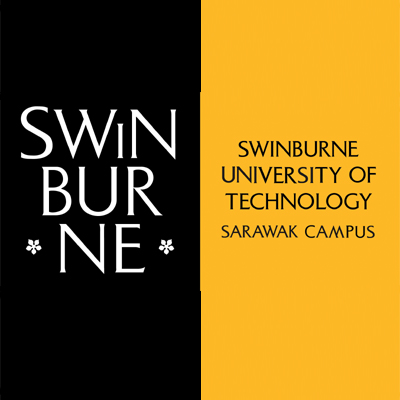
Chemical engineering is a discipline influencing a great variety of industrial processes of production and transformation of materials, transferring energy and matters. Chemical engineers are responsible for the design, development, operation and management of the processes and plants with the minimum environmental impact.
Chemical engineering background implies sound knowledge of both the engineering and scientific principles underlying these technological processes.
The following six Course Objectives (the typical skills and abilities that Swinburne graduates will have a few years after graduation as they develop their professional engineer careers) are:
The Course endeavour to equip the next generation of Chemical Engineering graduates to achieve the following learning outcomes. Graduates will be able to:
apply fundamental knowledge of engineering, mathematics and science;
use the techniques, skills and modern tools in Chemical Engineering to practice as an Chemical Engineer;
Industry Experience #
Students studying on an international student visa must complete HED400 Professional Experience in Engineering. All other students may complete an Industry-Based Learning placement instead (exemption will be granted for HED400 on completion of IBL).
HED400 Professional Experience in Engineering: Equivalent of 12 full-time weeks of approved relevant engineering practical experience (0 credit points, 0 fees). To be taken at any stage during the degree.
HEW050 Industry-Based Learning (Placement 1), HEW055 Industry-Based Learning (Placement 2): Full-time paid placement in industry for 6 (HEW050) or 12 months (HEW050 & HEW055) in an area relevant to your studies (0 academic credit points, unit fees apply). Students should attend an information session one semester prior to the scheduled IBL entry point.
Since modern industry requires more specialists with chemical engineering background graduates have a diverse and exciting range of careers to choose from, many with extensive international linkages. Opportunities may include chemical industry, energy production, oil and gas, dairy and food industries, petrochemical and others. They may be employed as designers and advisers for engineering projects, in engineering consultancies, environmental agencies and government departments.
| Level of study | Foundation and Diploma | Undergraduate | Postgraduate |
|---|---|---|---|
| IELTS | 5.5 (no individual band below 5.0) | 6.0 (no individual band below 6.0) | 6.5 (no individual band below 6.0) # 7.0 (no individual band below 6.5) |
| TOEFL (Paper based) a (Internet based)b |
527 |
550 |
575 |
| SPM * | B | – | – |
| UEC ** | A2 | A2 | – |
| MUET *** | 4 | 4 | – |
| GCE ‘O’ and ‘A’ Level | Score of ‘C’ or better for ‘O’ level English**** | Score of ‘C’ or better for ‘A’ level English | – |
| International Baccalaureate | Minimum of 4 in English A1 or A2 (Higher and Standard Levels) or Minimum of 5 in English B (Higher Level) | – | |
| * | Students with a C+ or C English grade are required to enter the Intensive English program at UIIE; students with a D or E English grade are required to sit the Swinburne Sarawak English Placement Test to determine the level of Intensive English program they must enter |
| ** | Students with B3 to B6 English grades are required to sit the Swinburne Sarawak English Placement Test to determine whether they require additional English classes |
| *** | Students who obtain band 1 to 3 in MUET are required to sit the Swinburne Sarawak English Placement Test to determine whether they require additional English classes |
| **** | Not applicable for “English as Second Language” |
| a | Foundation and diploma programs – minimum Test of Written English [TWE] score of 4.5 Undergraduate programs – minimum Test of Written English [TWE] score of 5.0 Postgraduate programs – minimum Test of Written English (TWE) score of 5.0 |
| b | Foundation and diploma programs – with no band less than 18 Undergraduate programs – with no band less than 20 Postgraduate programs – with no band less than 20 |
| # | Entry requirement for Master of Arts (TESOL) |
Source : SwinBurne University Of Technology